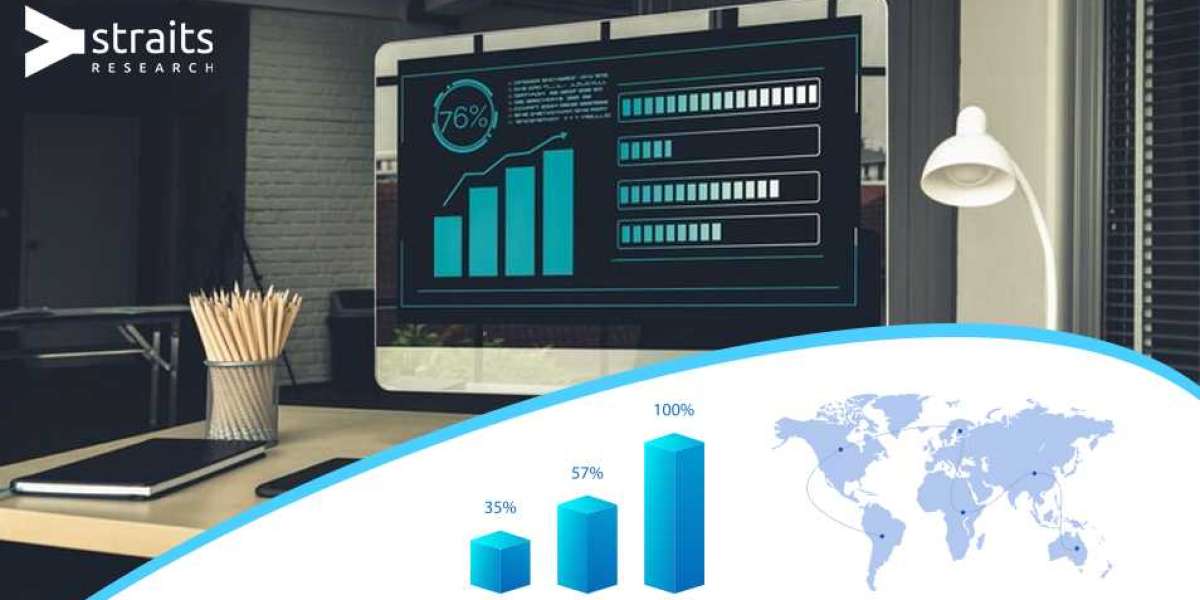In our modern society, technology plays a pivotal role in daily life, facilitating communication, entertainment, and information access. However, the increasing reliance on electronic devices, particularly before bedtime, has raised concerns about their impact on sleep quality and the prevalence of insomnia. This article explores how technology affects sleep patterns, the mechanisms involved, and strategies for mitigating its negative effects.
Understanding Insomnia
Insomnia is characterized by difficulty falling asleep, staying asleep, or waking up too early. It can be classified as acute (short-term) or chronic (long-term), with chronic insomnia lasting for three months or more. The consequences of insomnia extend beyond fatigue; it can lead to cognitive impairments, mood disturbances, and increased risk for chronic health conditions such as obesity, diabetes, and cardiovascular diseases.
The Role of Technology in Sleep Disruption
Blue Light Exposure
- Electronic devices such as smartphones, tablets, computers, and televisions emit blue light, which has been shown to suppress the production of melatonin—a hormone that regulates sleep-wake cycles. Melatonin levels typically rise in the evening as natural light diminishes, signaling to the body that it is time to prepare for sleep. Exposure to blue light in the evening can delay this process, making it difficult for individuals to fall asleep.
Increased Mental Stimulation:
- Engaging with technology before bed—whether through social media, video games, or streaming services—can lead to heightened mental arousal. This stimulation can keep the brain active and alert when it should be winding down for sleep. Content that is exciting or emotionally charged can exacerbate this effect.
Displacement of Sleep Time:
- The use of technology often encroaches on time that would otherwise be reserved for sleep. Late-night scrolling through social media or binge-watching shows can lead to reduced total sleep duration. Many individuals find themselves sacrificing sleep to accommodate their digital habits.
Sleep Environment Disruption
- The presence of electronic devices in the bedroom can create an environment that is not conducive to sleep. Notifications from phones or tablets can disrupt sleep cycles and lead to fragmented rest.
The Impact of Technology on Sleep Quality
Research has shown a strong correlation between technology use and poor sleep quality:
Shorter Sleep Duration
Studies indicate that individuals who use electronic devices before bed tend to have shorter overall sleep duration compared to those who do not engage with screens in the evening.
Delayed Sleep Onset
Increased screen time has been associated with longer times taken to fall asleep. This delay can be attributed to both blue light exposure and mental stimulation from engaging content.
Increased Daytime Sleepiness
Poor sleep quality resulting from nighttime technology use can lead to excessive daytime sleepiness. This fatigue can impair cognitive function, mood regulation, and overall productivity during waking hours.
Higher Risk of Sleep Disorders
Ongoing exposure to screens before bedtime has been linked to an increased risk of developing chronic sleep disorders such as insomnia.
Mechanisms Behind Technology’s Impact on Sleep
Several mechanisms explain how technology influences sleep patterns:
Melatonin Suppression
Blue light emitted by screens inhibits melatonin production in the brain. Studies have shown that even short exposure (as little as two hours) can significantly reduce melatonin levels.
Hyperarousal
Engaging with stimulating content—such as action-packed video games or emotionally charged social media posts—can lead to hyperarousal, making it difficult for individuals to relax and transition into sleep.
Physiological Responses
Increased screen time may elevate heart rate and blood pressure due to heightened engagement with content or stress from online interactions.
Disruption of Circadian Rhythms
Regular late-night technology use can disrupt the body’s natural circadian rhythms, leading to misalignment between internal biological clocks and external environmental cues.
Strategies for Mitigating Technology’s Impact on Sleep
Establish a Technology Curfew
- Set a specific time each evening to turn off electronic devices—ideally at least one hour before bedtime—to allow the body to wind down naturally.
Create a Relaxing Bedtime Routine
- Engage in calming activities such as reading a physical book, practicing relaxation techniques, or taking a warm bath instead of using screens before bed.
Limit Screen Exposure in the Bedroom
- Keep electronic devices out of the bedroom whenever possible to create a restful environment conducive to sleep.
Use Night Mode Features
- Many devices come equipped with “night mode” settings that reduce blue light emission in the evening. Activating these features can help minimize disruption to melatonin production.
Practice Good Sleep Hygiene
- Maintain a consistent sleep schedule by going to bed and waking up at the same time each day.
- Create a comfortable sleeping environment by ensuring the room is dark, quiet, and cool.
Monitor Content Consumption
- Be mindful of the type of content consumed before bed; avoid engaging with overly stimulating or distressing material that could heighten anxiety or excitement.
Encourage Mindfulness Practices
- Incorporating mindfulness meditation or deep breathing exercises into your pre-sleep routine can help reduce anxiety levels and promote relaxation.
Conclusion
The impact of technology on sleep patterns and insomnia is significant and multifaceted. As screens become an integral part of daily life, understanding their effects on sleep quality is essential for promoting better rest and overall health.
By recognizing how blue light exposure and mental stimulation from electronic devices contribute to insomnia, individuals can take proactive steps toward managing their technology use effectively. Establishing boundaries around screen time, creating calming bedtime routines, and practicing good sleep hygiene are crucial strategies for mitigating technology's adverse effects on sleep.
As research continues to explore this complex relationship between technology and sleep health, prioritizing restful nights becomes increasingly important in maintaining physical health, emotional well-being, and cognitive function in our digitally connected world.



